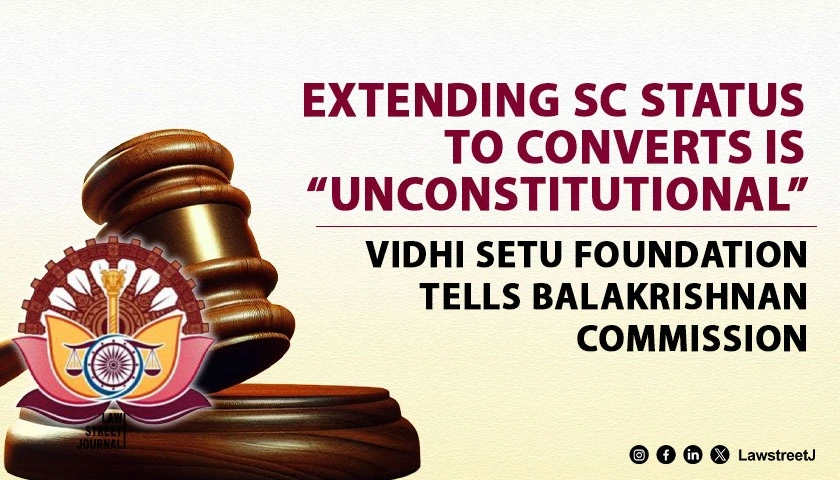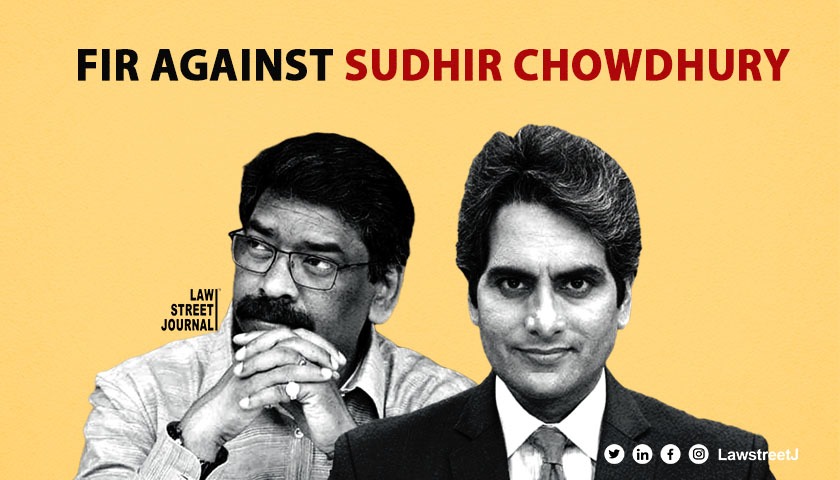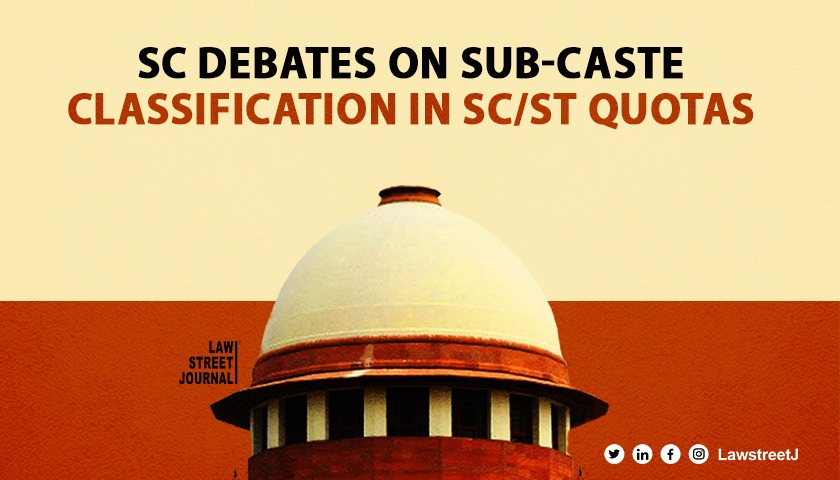New Delhi: The Vidhi Setu Foundation (VSF) has submitted a detailed recommendation before the Justice K. G. Balakrishnan Commission of Inquiry, opposing the proposal to extend Scheduled Caste (SC) status to persons who have converted to Christianity or Islam.
The recommendation, authored by Advocate Abhijeet Kumar Bhatt, presents a comprehensive constitutional, historical, and empirical analysis covering the period from 1871 to 2025.
The Foundation, in its recommendation, has argued that extending Scheduled Caste status to converts would be unconstitutional and contrary to the intent of the framers of the Constitution.
According to the recommendation, the Scheduled Caste category was conceived as a targeted constitutional remedy for the social oppression of untouchability — a practice historically confined to the Hindu social structure.
The Foundation has stated that this constitutional purpose was clearly articulated by Dr. B. R. Ambedkar and has been upheld by the judiciary through a consistent line of precedents over seven decades.
In its recommendation, the Foundation has argued, “Scheduled Caste status is a targeted remedy that cannot be universalized without violating the Constitution’s core logic. There is an unbroken chain of legal and historical reasoning that confines these protections to specific communities, and to break that chain would be a profound constitutional error.”
The Foundation has further argued that the framers of the Constitution intended Scheduled Caste protections as a reparative measure for a specific historical injustice, not a general welfare mechanism for economic backwardness.
It has also highlighted what it terms the “dual benefits anomaly,” wherein extending Scheduled Caste status to converts would allow access to benefits under both Articles 29 and 30 as minorities, and under Article 341 as Scheduled Castes.
The Foundation, in its recommendation, has cited a consistent judicial approach, including recent Supreme Court observations describing such attempts to claim dual religious identity for constitutional benefits as a “fraud on the Constitution.”
The recommendation concludes that altering the existing constitutional framework would disregard settled principles and weaken affirmative action measures intended for historically disadvantaged Hindu communities.
The Foundation has urged the Commission to take its recommendation on record and allow an opportunity for oral submissions before finalizing its report.



![SC sets free man from case under SC/ST Act as offence not committed due to caste [Read Judgment]](/secure/uploads/2024/01/lj_4809_5ccb3cf2-6198-4e45-bb33-bfaa9b67a897.jpg)


![Madras High Court grants bail to 3 accused under SC ST Act on anti-untouchability pledge [Read Judgment]](/secure/uploads/2024/02/lj_7815_Bail-anti-untouchability-pledge.webp)




